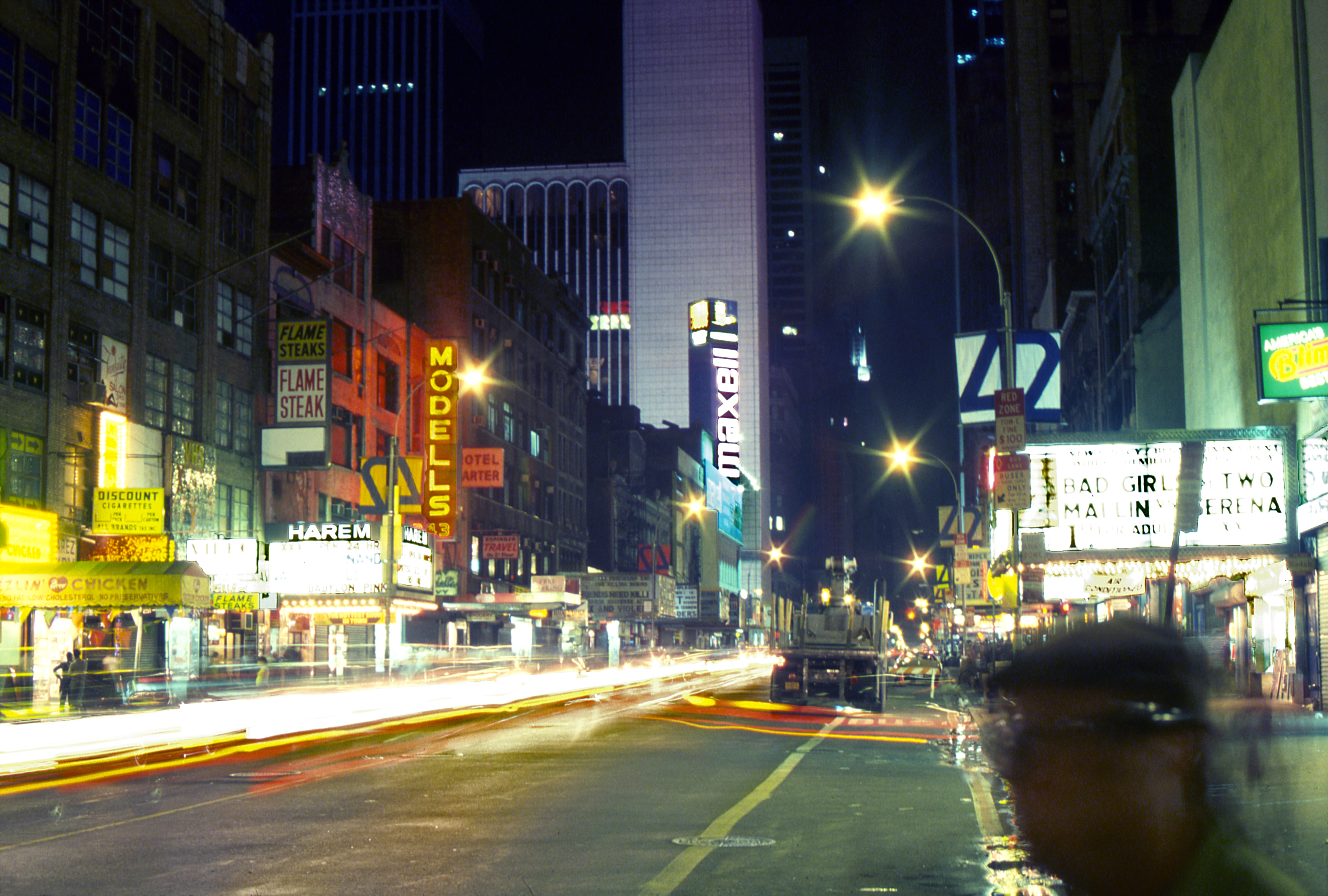 The Last Tycoon by F. Scott Fitzgerald
The Last Tycoon by F. Scott FitzgeraldMy rating: 5 of 5 stars
If only I had read this work years ago... There is much to be learnt by reading an unfinished book, especially this with the author's chapter plan, character sketches, unedited rants and revisions. I expected Fitzgerald's colleagues to have attempted to finish the novel. Instead, however, the rawness of "The Last Tycoon" provides a window into the mind of an author in full swing. Yet if it were finished I doubt it would have had the same impact. On finishing reading the book I was at once melancholy - for the author, for the characters, for the friendship/comradeship/competition between Fitzgerald and Hemingway, for the thought processes that we would like to think are far too human, too prosaic for those who have written and written well. The scholarly care for the development of the piece is amplified precisely because of the scaffolding Fitzgerald left behind at his death, much like seeing the inner workings of a precision timepiece normally hidden from view. Fitzgerald's plot does the same to Hollywood. So much so that he couldn't have planned it better, or written truer at all, had he finished the story. "The Last Tycoon" immortalises Fitzgerald as a glorious death in battle for a warrior king. Only we are much the poorer for his early demise.
View all my reviews
 Donate
Donate



















